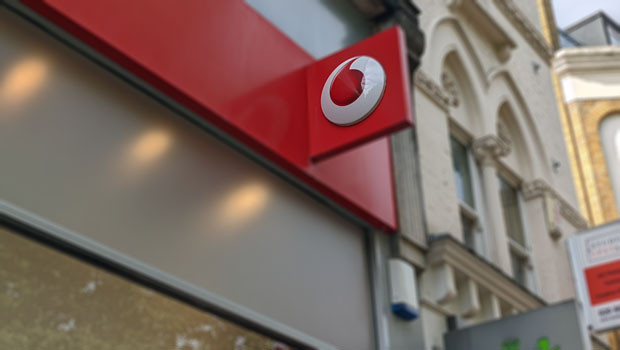Berenberg keeps Vodafone at 'hold' following FY results

Vodafone Group
67.34p
16:49 27/12/24
Analysts at Berenberg took a fresh look at telecommunications giant Vodafone following the group's full-year results last Friday.
FTSE 100
8,149.78
16:54 27/12/24
FTSE 350
4,495.62
16:29 27/12/24
FTSE All-Share
4,453.14
17:05 27/12/24
Mobile Telecommunications
1,973.02
16:59 24/01/22
Berenberg said Vodafone's goodwill accounting made "for interesting reading" but stated it would be wrong to assume that impairment testing assumptions were necessarily the same as the group's budgets and noted that it still believes that there are "two fascinating points" to note about Vodafone's goodwill impairment calculations.
The analysts pointed out that Vodafone's German projected five-year EBITDAaL CAGR of -0.1% was well below consensus and down from +1.2% last year, with the company explaining that the measure was "expressed as the compound annual growth rates in the initial five years for all cash-generating units of the plans used for impairment testing"
"In our model, we forecast a +0.7% five-year German EBITDAaL CAGR, while Visible Alpha consensus currently sits at +1.3%," said Berenberg, which made no changes to its 'hold' rating and £1.45 target price on the stock.
The German bank also pointed out that an Italian impairment was only avoided by increasing the long-term growth rate assumption for analysing the division to +1.5% from +0.5% in last year's annual report despite the Italian service witnessing revenue decline of 1.8% in 2021/22.
"This change in assumption is made more interesting when we look at the sensitivity analysis, which shows that a 0.3% reduction in the long-term growth rate would lead to an impairment loss," said Berenberg, which also pointed out that a one percentage point decrease to the group's long-term Italian growth rate would lead to a €600.0m impairment, in the context of Vodafone Italy carrying €2.5bn of goodwill overall.
Berenberg also noted that Vodafone's three-year adjusted free cash flow targets had not yet been agreed, with details of the final range to be disclosed in the relevant market announcement at the time of grant and published in Vodafone's 2023 directors' remuneration report. However, it said there were "no big surprises" in the rest of executive pay, with the remuneration framework remaining the same as 2021 and "broadly appropriate".
The bank also noted that the report's risk section evolution highlighted Vodafone's key challenges, with Vodafone continuing to outline ten risks, the same number as in last year's report, but with that in mind, Berenberg did note that the balance and weighting of the risks had evolved.
"Interestingly, Vodafone now suggests that the risk of 'disintermediation' is increasing if Vodafone fails to effectively respond to threats from emerging technology or disruptive business models. Last year, this risk was said to be stable. 'Supply-chain disruption' is new, albeit replacing the similar 'geopolitical risk in supply chain' in last year's report. Similarly, 'technology resilience and future readiness' is new, albeit similar to 'technology failures' and 'IT transformation' from last year," said Berenberg.
"'Infrastructure competitiveness' and 'portfolio transformation' are both new. We think that the latter is particularly relevant, given investor frustration at Vodafone's lack of progress after its overt messaging regarding M&A at the H1 results in November. Vodafone describes the risk as being 'failure to effectively execute on plans to transform and shape the portfolio could result in failure to deliver growth in revenue and improved returns' and identifies emerging threats that the 'regulatory approach to in-market consolidation may not change in the direction expected, limiting opportunities for value accretive in-market consolidation'."
Reporting by Iain Gilbert at Sharecast.com